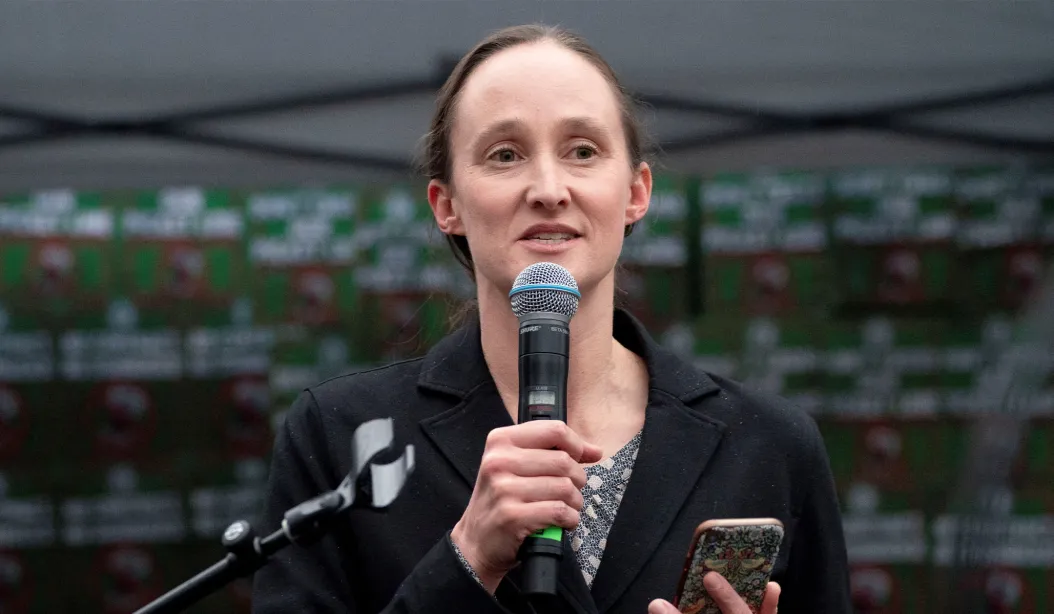Washington needs nurses. For the past few years, hopsitals have demanded lots from nurses as patients have continued to increase while the number of available nurses has gone down. There are a few different proposed solutions to address this crisis, but removing barriers to entry is the best path forward.
Is regulating the patient to nurse ratio the answer?
 Even though this sounds like a fix to the problem, in the long run it wouldn't adequately solve the problem. While there are claims that nursing shortages are due to poor working conditions, the ultimate solution to fix that problem is to help increase the supply of nurses rather than create mandates that limit the ability for professionals to make their own judgement calls. Mandating the ratio of nurses to patients won't create new nurses, it will only prevent flexibile options for hopsitals.
Even though this sounds like a fix to the problem, in the long run it wouldn't adequately solve the problem. While there are claims that nursing shortages are due to poor working conditions, the ultimate solution to fix that problem is to help increase the supply of nurses rather than create mandates that limit the ability for professionals to make their own judgement calls. Mandating the ratio of nurses to patients won't create new nurses, it will only prevent flexibile options for hopsitals.
How do we bring in new nurses?
 One of the best options is to join 37 other states in a licensure compact, which would allow registered nurses in any of these states to be recognized in other member states. There is a bill in the legislature with broad support that is being considered that would do just that. This solution makes sense: nobody would balk at getting care from a nurse in another state, so why should we restrict those who are already qualified from working in Washington? Allowing nurses to travel freely gives Washington a competitive advantage, too, as Washington was ranked the best state for nurses.
One of the best options is to join 37 other states in a licensure compact, which would allow registered nurses in any of these states to be recognized in other member states. There is a bill in the legislature with broad support that is being considered that would do just that. This solution makes sense: nobody would balk at getting care from a nurse in another state, so why should we restrict those who are already qualified from working in Washington? Allowing nurses to travel freely gives Washington a competitive advantage, too, as Washington was ranked the best state for nurses.
Are there other options to lower barriers to entry?
 Absolutely! A good start is certificate of need repeals. These regulations restrict the supply of hospitals, which would expand opportunities and lessen the load on individual hospitals that are currently in the system. As we saw during COVID, these laws were relaxed to great effect. There are also a slough of other options available that can improve health care options for all and make the field more attractive to people looking to get into the medical profession.
Absolutely! A good start is certificate of need repeals. These regulations restrict the supply of hospitals, which would expand opportunities and lessen the load on individual hospitals that are currently in the system. As we saw during COVID, these laws were relaxed to great effect. There are also a slough of other options available that can improve health care options for all and make the field more attractive to people looking to get into the medical profession.





